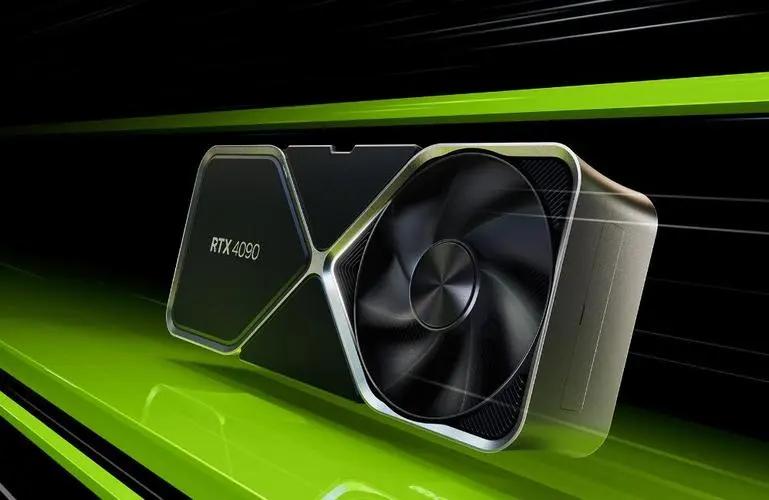US Expands AI Chip Control over China: NVIDIA/Intel/AMD Restricted
In addition, the sales of chips by Intel and AMD may also be limited, which may affect the export of semiconductor equipment from semiconductor equipment manufacturers such as Applied Materials, Fanlin Group, and KLA to China.
US officials stated at a press conference that the new regulations will restrict more advanced chips and chip production equipment from being exported to more countries/regions, including Iran and Russia, and include Chinese IC designers Moore Thread and Bi Ren Technology in the physical list.
After the United States restricted the export of advanced chips last year, Nvidia designed reduced spec chips A800 and H800 specifically for the Chinese market. As these products still outperformed alternative chips, business surged. Nvidia chips are currently in short supply, but as Chinese manufacturers fill the gap left by the departure of American companies, Nvidia still faces long-term damage.
The new regulations will exempt most consumer chips used in laptops, smartphones, and game consoles, but certain chips must comply with the requirements of US approval and notification.
According to US Commerce Secretary Raymond, the new regulations are intended to prevent loopholes in regulations issued in October last year to hinder China's military development, and may be updated at least annually.
She said that the US goal is to limit China's access to advanced semiconductors that can bring breakthroughs in AI and supercomputers, which are crucial for military applications. She emphasized that the Biden administration has no intention of harming China economically.
According to the official website of the Ministry of Commerce, a reporter asked, "Recently, the US Department of Commerce announced the final rules for semiconductor export controls to China. May I ask if China has any response to this?
In response, a spokesperson for the Ministry of Commerce stated that China has noted that the US released the final rules for semiconductor export controls to China on October 17th. The final rule, based on the temporary rules introduced on October 7th last year, further tightened export restrictions on artificial intelligence related chips and semiconductor manufacturing equipment to China, and added multiple Chinese entities to the "physical list" of export controls. The US continues to generalize the concept of national security, abuse export control measures, and implement unilateral bullying. China is strongly dissatisfied with this and firmly opposes it.
A spokesperson for the Ministry of Commerce pointed out that the semiconductor industry is highly globalized, and improper regulation by the US seriously hinders the normal economic and trade exchanges of chips, chip equipment, materials, and component enterprises in various countries, seriously undermines market rules and international economic and trade order, and seriously threatens the stability of the global industrial and supply chains. Semiconductor companies in the United States have suffered huge losses, and semiconductor companies in other countries have also been affected.
The spokesperson of the Ministry of Commerce emphasized that the United States should lift its semiconductor export controls to China as soon as possible, create a fair, just, and predictable business environment for enterprises from various countries, including Chinese enterprises, and work together with all parties to build a safe, stable, smooth, efficient, open, inclusive, and mutually beneficial global industrial chain supply chain system. China will take all necessary measures to resolutely safeguard its legitimate rights and interests.


